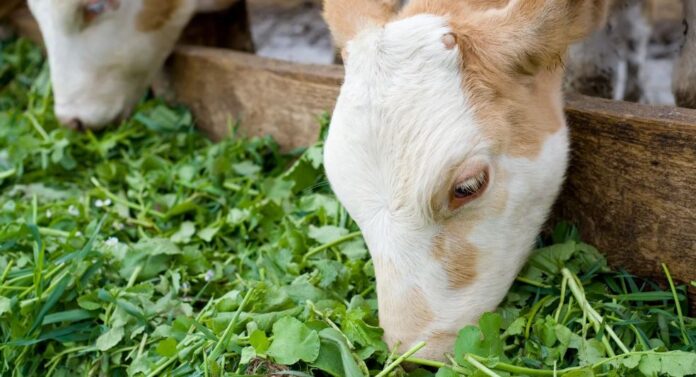A group of six leading Pakistani animal fodder exporters recently completed a three-day visit to Qatar, aiming to strengthen trade ties and tap into the Gulf country’s growing appetite for quality forage.
Organised by the Trade Development Authority of Pakistan (TDAP) in partnership with the Pakistani Embassy in Doha, the delegation held meetings with senior representatives from major Qatari buyers such as Hassad Food, Widam Food, and Baladna. They toured production and logistics facilities, discussed product standards, and explored potential supply agreements.
This visit builds on TDAP’s ongoing efforts over the past year to boost Pakistan’s readiness to export fodder crops like alfalfa and Rhodes grass. The authority has engaged producers, conducted market research, and held training seminars to improve quality and certification.
One of the key advantages for Pakistan is its proximity to Qatar. A TDAP official noted that shipping takes just 1,100 kilometers compared to over 12,000 kilometers from traditional exporters like the US. Pakistani alfalfa currently fetches about $330 per tonne in export value.
Pakistan produces an estimated 55 million tonnes of fodder annually, with alfalfa making up over 5 million tonnes. Last year, exports of Rhodes grass reached $10.8 million, with Qatar among the top buyers.
The global market for alfalfa is growing fast — valued at $21.6 billion in 2023, it’s expected to hit $35.2 billion by 2028. Demand for fodder hay across the Gulf is projected to top $9 billion, presenting a promising opportunity for Pakistani exporters.
To prepare for this, TDAP held regional seminars last year in Multan and Rahim Yar Khan focused on improving production practices and meeting international standards. More training is planned for June 2025.
Punjab alone has about 0.47 million hectares suitable for fodder cultivation. Coupled with Pakistan’s dairy sector — ranked fourth worldwide by the Food and Agriculture Organization and producing nearly 68 million tonnes of milk annually — the country is positioning itself as a reliable supplier for Gulf states that struggle with arid climates and depend heavily on imports.
As Pakistan looks to deepen its footprint in the Gulf market, this trade delegation’s visit signals growing confidence in the quality and potential of its fodder exports.




